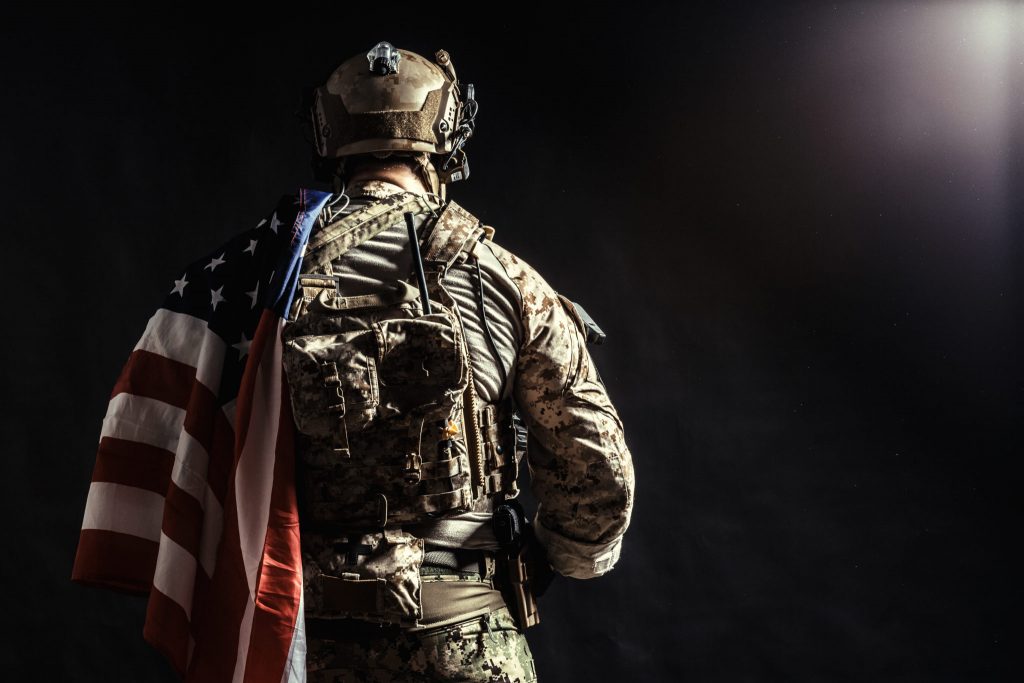By James Kelly
Active-Duty USMC
We’ve all done it…The moment we find out someone served in the military, our faces light up. We smile, warmly extend our hand and say “Thank you for your service.” And most of us, liberals and conservatives alike, genuinely mean it. As active-duty USMC, I have to admit that when people thank me for my service, I feel awkward and a little uncomfortable.
But why? Where does veterans’ uneasiness come from?
The first issue is that literally, everyone says it. In fact, it is said so much that it has become, to many vets, an empty platitude, something you just say because it is politically correct.
The simple psychology behind it is this: we don’t feel like we did anything special. This is a universal feeling among veterans; I have yet to meet one who claims to have contributed more than any other individual in the Global War on Terror or Vietnam or any other conflict for that matter. We volunteered to do a job, got paid to do that job, and came home. Many veterans that I have spoken to simply say that they just don’t want to be anonymous.

Ask me what I did. What was my job in the military? Take a deeper interest in my sacrifices. If you run into a vet that doesn’t want to talk about it, ask what he or she is doing now. Are they going to school? Where do they work now that they are out? Help destroy the anonymity that many vets feel.
When I asked veterans how civilians should thank them for their service, one answer proved to be the most common: “VOTE!” Volunteer in your community, try and make a difference, and vote for what you believe is right. Honor the actions of veterans by ensuring that your voice is heard at the ballot box. Educate yourself on veterans’ issues. There are a number of fantastic organizations that help veterans with real issues but the most impactful is to use your right to make your voice heard.
After all, despite the various reasons that people join the military, from free college to a steady paycheck to something much more patriotic or idealistic, there is one thing we all have in common: Our passion for our country and our rights and freedoms that we swore to protect. As one Navy veteran told me, “If you’re not using your constitutionally granted rights, like the right to vote in our democracy, then what the hell was I fighting for?”
This is an opinion piece and doesn’t necessarily reflect the views of American Public University System.

Comments are closed.